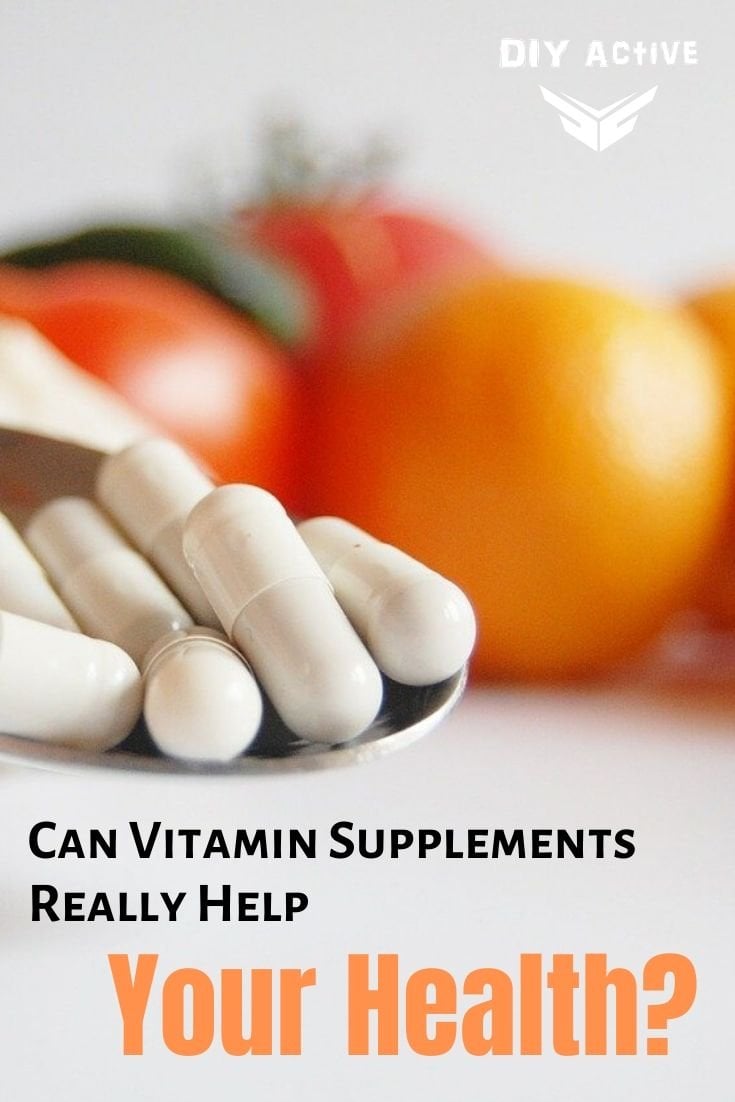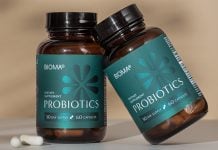
Can Vitamin Supplements Really Help Your Health?
Different kinds of food have their own vitamins and minerals. But despite this natural source of nutrients, it’s been a long-standing habit among people to take at least a dose of vitamins every day to ensure good health.
How vitamin supplements help your health
It has become such a normal practice for many that while it can be costly, vitamin supplements are viewed as a necessary aspect of maintaining good health. But are they really worth it?
Can vitamin supplements really help your health? Let’s take a look.
Vitamin Supplements Allow For More Nutrient Absorption
Many nutritionists recommend eating the right kind of food in order to keep the body healthy. Food has plenty of active compounds and fiber, which perform critical processes in maintaining bodily functions.
 Fiber, for example, helps your digestion.
Fiber, for example, helps your digestion.
However, many vitamins and minerals that are found in food get degraded in the heating process, so what you get as food is less than nutritionally satisfying.
If you need more supplementation, you can get much-needed vitamin supplements from brands like Tropical Oasis. Supplements allow the full absorption of vitamins, unlike food.
Vitamin Supplements Can Help You Get More Nutrients
Aside from the nutrients that people get from the right kind of food, vitamin supplements add more of these nutrients to the body.
However, keep in mind that supplements should be taken with healthy food since supplements do not meal replacements. Healthcare professionals usually recommend supplements if they think you are not getting your daily nutritional requirements.
Vitamin Supplements Can Benefit Pregnant Women and the Elderly
Supplements can be beneficial in most instances. For pregnant women and older people, however, do take note of the following:
- Vitamin B12 – Adults may benefit from getting extra Vitamin B12 in their diet through supplements. It is recommended that people over 50 get Vitamin B12 supplements and increase their intake of food that contains this vitamin, such as breakfast cereals and soy.
- Vitamin D – This is needed by older people and those who do not get enough sunlight. Vitamin D can help elderly folk fight against rickets and bone diseases, such as osteoporosis, muscle weakness, and hip fractures. Through supplement intake, those who belong to the older population can be sure that they’re getting sufficient Vitamin D intake.
- Folic Acid – Folic acid is crucial for pregnant women to ensure the baby’s health. It is important to take this supplement before and during pregnancy, with a recommended dose of 400 micrograms. Folic acid prevents birth defects in the baby’s nervous system by protecting the baby’s brain and spinal cord. With this, a mother should also eat food enriched with folic acids, such as leafy green vegetables, rice, beans, and pasta. This protects not only the baby’s health but also that of the mother’s.
Vitamin Supplements Can Fight Against Free Radicals
Antioxidant vitamins such as beta carotene, vitamin A, C, and E help control free radicals that contribute to cancer and heart disease. Antioxidant vitamins can also be derived from their food-based counterparts, such as carrots, spinach, grapes, and certain teas.
Antioxidant vitamins fight cell damage caused by free radicals and serve as protection against aging, cancer, and heart diseases.
In a study, taking antioxidants supplements like selenium has radically lowered the risk for cancer. Supplementation of selenium intake caused lower cancer incidence in patients at risk of cancer, as well as for those who lived in areas with low selenium levels in the soil.
Vitamin Supplements Can Help Prevent Heart Disease
People with heart disease are recommended to eat at least two servings of fish enriched with Omega-3 fatty acids a week. Omega-3 fatty acids can protect against heart ailments, and the recommended consumption is one gram from a variety of fish like tuna, salmon, herring, and trout.
It’s important for heart disease patients to supplement Omega-3 fatty acids with the proper prescription from their physician.
People with very high blood fat or triglycerides should ideally consume 2 to 4 grams of Omega-3 fatty acid from supplementary capsules so they can meet the necessary therapeutic requirement for the day.
Wrap-Up
Getting the recommended daily dose of vitamins and minerals is essential to have a well-functioning and healthy body.
However, different people have different needs, and some might require more supplements than others. There’s a consensus among health professionals that along with the right supplements, eating healthy and well-balanced meals is still essential to maintain optimum health.
The efficacy of supplements cannot be denied and you should get your daily dose in order to keep your body strong and properly nourished.



